On a water diet, you do not need to cook for yourself separately, buy expensive products and go hungry. Find out what kind of water and how you need to drink to lose up to 3 kg in a week without dieting, sports and loss of strength!
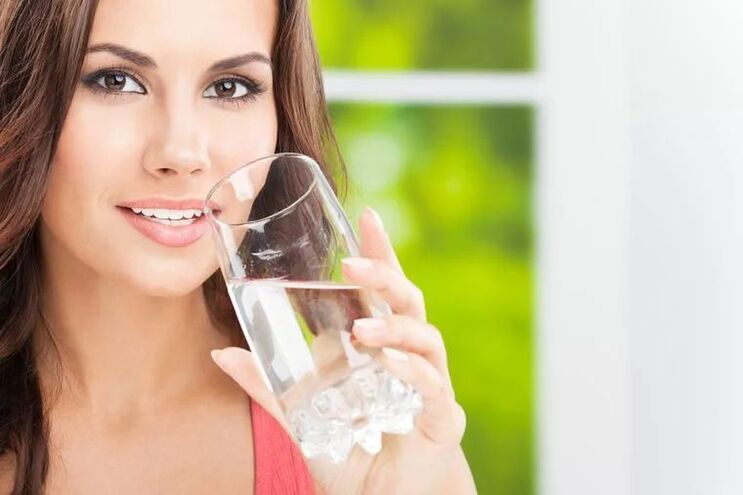
Everyone knows from childhood that the main component of the human body is water. However, few people think about how a constant lack of quality water negatively affects health. The functioning of all systems and organs directly depends on this factor, not to mention appearance.
The aging process is closely related to the level of fluid intake in the body. Brittle nails, hair, sagging skin are clear signs that the moisture balance is disturbed.
Proper water regime helps not only to maintain youth, but also to effectively and safely bring your weight and figure back to normal. Nutritionists have proven that due to insufficient water intake in the body, deposits of extra pounds often form. These studies were based on the principles of a water diet for weight loss. Nutritionists promise that with this approach to nutrition you can easily lose up to 2-3 kg within a week. The maximum duration of the diet can be 30 days.
Advantages
- Drinking the optimal amount of water will not only have a positive effect on your figure, but will also improve the color and structure of your facial skin, as well as improve your well-being.
- Unlike most diets, water diets do not lead to a loss of strength and, accordingly, mood. On the contrary, a feeling of vigor will appear and an increase in activity will begin to appear.
- The absence of the need to dramatically change and cut down your diet is another undeniable plus. This same factor is the reason that when following this diet, an acute feeling of hunger does not occur.
- There is no need to create a complex menu using expensive products and dishes that take a long time to prepare. For this reason, the water diet is considered a diet for the lazy: it requires minimal time and effort, since it is quite acceptable to continue eating at a common table without changing basic eating habits.
Flaws
- If before applying the water diet the rate of water intake was significantly lower, a period of adaptation of the urinary system will pass, during which the kidneys will begin to work more intensively. During these few days, visits to the toilet will increase significantly.
- The processes of removing fluid from the body are accompanied by the leaching of not only harmful substances, but also useful ones. Moderation is important in everything, so overestimating water consumption standards should not be allowed. Multivitamin complexes will help restore the balance of essential minerals and other important substances.
- There is no need to sharply increase the volume of incoming water, as this will become a stressful load on the body. It is better to do this gradually, over several days.
Basic Rules
To figure out how to go on a water diet, you need to familiarize yourself with its rules in detail.
- After waking up, you need to drink a glass of clean water at room temperature. This will turn on metabolic processes and force the body to tune in to activity.
- Be sure to drink water 30 minutes before each meal. Thus, digestion processes will occur more intensely, while the total volume of food will decrease, which will be the first step towards losing weight.
- But you don’t need to drink food during meals and for an hour and a half after it, as this will lower the concentration of gastric juice, significantly complicate digestion and slow down the absorption of nutrients.
- To avoid causing swelling, you need to reduce your salt intake. It is also not recommended to exclude it from the diet completely, so as not to disturb the water-salt balance, but it is definitely worth reconsidering the portions of salty foods.
- A person does not always correctly determine the signals sent by the central nervous system. Often, feelings of thirst are perceived in the same way as hunger signals. Therefore, if you have an appetite, you can first drink water: if hunger does not disappear within 30 minutes, then you should have a snack, without fear of an erroneous interpretation of your body’s requirements.
- Excessively cold water significantly slows down metabolism, so before drinking it is better to warm it to 30–38°C or at least to room temperature.
- The main volume of liquid consumed by a modern person comes from drinks: tea, coffee, juices, cocktails, etc. The right solution is to replace the bulk of them with plain water. With any influx of a mixture of water with other nutrients, digestion processes are activated, and the levers of water-salt metabolism, which turn on in response to the influx of water, must be activated. To calculate individual fluid norms, there is a universal formula: about 40 ml of purified water should be supplied per 1 kg of weight per day. During a diet with a reduction in kilograms, you must not forget to periodically re-calculate to correct this norm.
- During hot seasons, the need for fluid increases due to intense sweating, so the total volume of drinks should also increase proportionally.
- In order for the results of the diet to begin to appear as early as possible, before starting it you need to arrange a fasting day on any suitable product that is preferable in the diet and is not considered junk food.
- It is important to drink high quality water: purified drinking water, with average mineralization levels. Unboiled water from the tap may contain pathogenic bacteria, chlorides and contaminants from the inner surface of the pipes, so it is better to avoid its use.
- You need to drink slowly, taking small sips. You should not drink more than one glass at a time, as this stretches the stomach and inevitably increases food portions.
Which water is suitable for weight loss
Soda is not recommended for diet food, as it irritates the gastric mucosa and causes an increase in appetite. Drinks such as coffee, tea, soda, wine or beer are diuretic and therefore worsen dehydration.
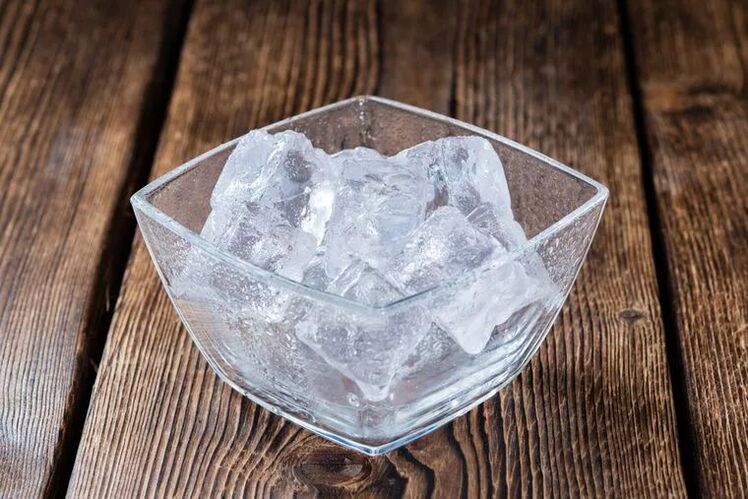
The ideal option for losing weight is melt water, melted at room temperature no more than 7 hours ago. There are no impurities of hard salts in it, which has a great effect on its properties.
Table water is universal, it suits everyone without exception, but even it should not be drunk 4–5 liters per day. The volume should not exceed the amount prescribed by the instructions, as this can provoke convulsions, leaching of minerals and an increase in intracranial pressure.
Menu
When following a water diet, a fractional distribution of main meals is recommended. To obtain impressive weight loss results, the daily calorie intake should not exceed 860 kcal.
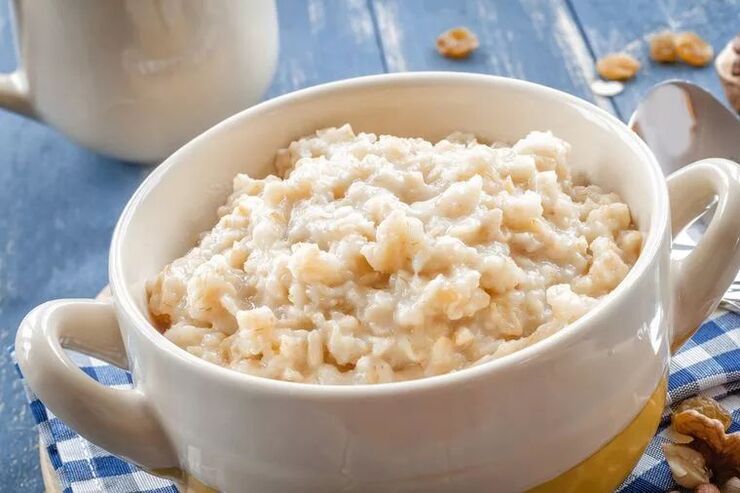
In all diet options, a glass of warm water is mandatory immediately after waking up, half an hour before each meal and before bed, unless there are other requirements. It is contraindicated to drink food during a meal; you can drink only after 1. 5 hours. The total volume of water should be about 2. 5 liters for a person with average physical characteristics.
For 1 day
- Breakfast: oatmeal without milk or butter or a serving of low-fat cottage cheese.
- Lunch: 1 large fruit or several medium-sized fruits.
- Lunch: a moderate portion of soup or borscht.
- Afternoon snack: 1 fruit or toast.
- Dinner: 200 g of oven-baked meat or vegetable stew with fish fillet.
For 3 days
By following a drinking diet, during this time you can really get rid of 3 kg of fat. Every morning after waking up, on an empty stomach, you need to drink a glass of water with a few drops of natural lemon juice. Drink water 20-30 minutes before each meal, and an hour before bedtime make a solution of warm water with a teaspoon of natural honey.
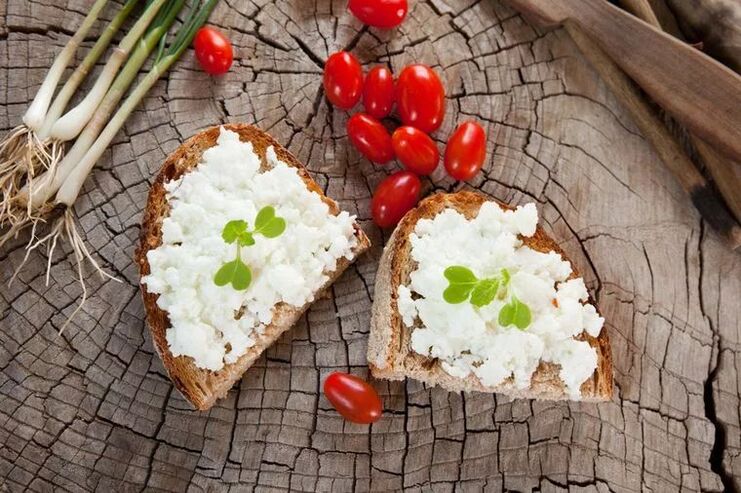
Day 1
- Breakfast: 2 rye bread toasts, 1 chicken egg, a piece of cheese.
- Lunch: 1 grapefruit.
- Lunch: 150 g of boiled chicken breast, vegetable salad of tomato and cucumber, a piece of low-fat hard cheese, 1 piece of toast.
- Afternoon snack: 1 peach.
- Dinner: stewed green beans, a portion of boiled sea bass, a piece of gray bread.
Day 2
- Breakfast: 2 rye bread toasts, 150 g low-fat cottage cheese.
- Lunch: 1 large nectarine.
- Lunch: 150 g boiled fish fillet, leafy vegetable salad, 1 piece of toast.
- Afternoon snack: 1 green apple.
- Dinner: 2 hard-boiled chicken eggs, fresh white cabbage salad, rye toast, a slice of cheese with a fat content of up to 45%.
Day 3
- Breakfast: 2 rye bread toasts, green leaf salad, 150 g of boiled chicken breast.
- Lunch: 2 yellow plums.
- Lunch: a serving of vegetable soup, 100 g of lean meat baked in foil, a piece of rye bread.
- Afternoon snack: 1 large pear.
- Dinner: 2 fish cutlets, cooked in a double boiler, vegetable stew.
The second version of the 3-day diet
The diet is a very strict type of weight loss, since fasting is used. During this period, a thorough cleansing of the gastrointestinal tract occurs and the volume in the abdominal area quickly decreases.
This regimen is only permissible for people in good health.
For all 3 days you can drink only clean water, completely refusing other drinks and food. On the first day, severe hunger attacks usually occur, but on the second day they subside, since metabolism slows down during this period and the secretion of hydrochloric acid in the stomach decreases.
After such a fast, you cannot immediately return to normal nutrition. The recovery period stretches for 12 days, during which proteins, fats and carbohydrates are gradually introduced into the diet.
For 5 days
An intensive course that combines acceleration of the lipolysis process and cleansing the gastrointestinal tract of waste and toxins. Due to these positive changes, you can become 4–5 kg lighter.
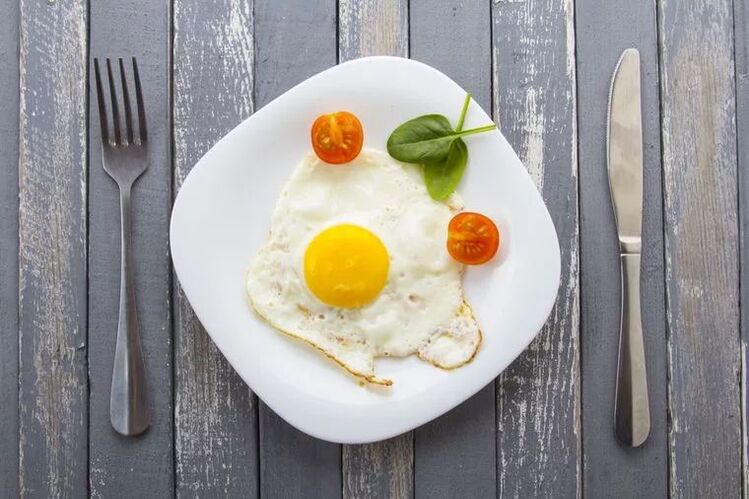
Monday
- Breakfast: scrambled eggs with tomato.
- Lunch: jelly.
- Lunch: vegetable soup with asparagus and cilantro, 100 g of white meat.
- Afternoon snack: 1 apple.
- Dinner: stewed green beans, a cup of natural yogurt.
Tuesday
- Breakfast: 2 toasts, 1 chicken egg.
- Lunch: 30 g cashews.
- Lunch: vegetable stew, 100 g of boiled beef.
- Afternoon snack: 2 pineapple rings.
- Dinner: 200 g grilled champignons.
Wednesday
- Breakfast: 3 tbsp. spoons of brown rice, tomato.
- Lunch: dried fruits.
- Lunch: 3 steamed cutlets, celery and apple salad.
- Afternoon snack: 1 sour apple.
- Dinner: vegetable salad without oil, 100 g low-fat cottage cheese.
Thursday
Completely dedicated to unloading on apples: you need to eat about 1. 5 kg of apples per day. The drinking regime is the same: a glass 20-30 minutes before meals and a glass after.
Friday
- Breakfast: oatmeal without butter, 20 g of hard cheese.
- Afternoon snack: 1 green apple.
- Lunch: onion soup, seafood mix – 200 g.
- Afternoon snack: 1 pear and 1 plum.
- Dinner: 200 g of steamed veal, 150 g of low-fat cottage cheese with herbs, grapefruit.
For 7 days
The diet of this diet option is based on the consumption of 2-3 liters of water and low-calorie foods. The prohibited list includes cereals, sugar, coffee and salt. The last meal should be taken no later than 3 hours before bedtime.
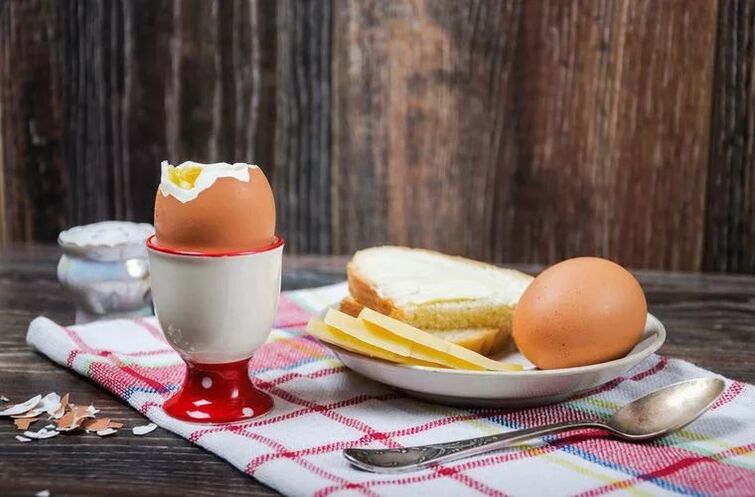
Daily meals should be structured according to the following principle:
- In the morning, eat protein foods: low-calorie hard cheese, quail and chicken eggs, low-fat cottage cheese;
- in the afternoon: a cup of vegetable broth, a piece of chicken fillet, raw, stewed or boiled vegetables;
- in the evening: meat, fish and vegetables cooked in a double boiler;
- Two snacks of dried fruits or unsweetened fruits are allowed.
In a week, weight loss reaches 10 kg, depending on the initial parameters.
Monday
- Breakfast: soft-boiled egg, a piece of black bread, 70 g of hard cheese.
- Lunch: pear and 3 plums.
- Lunch: 150 g of boiled chicken fillet, 250 g of vegetable salad, seasoned with lemon juice, a piece of gray bread.
- Afternoon snack: 1 peach.
- Dinner: a piece of boiled veal, 250 g of vegetable stew, a glass of natural yogurt.
Tuesday
- Breakfast: a glass of biokefir, a piece of gray bread.
- Lunch: 2 nectarines.
- Lunch: 150 g of baked sea fish, 260 g of leafy green salad dressed with lemon juice, a piece of gray bread.
- Afternoon snack: 2 green apples.
- Dinner: 90 g of boiled chicken meat, 2 raw eggs, 250 g of tomato and cucumber salad, a piece of gray bread, 2 pieces of hard low-fat cheese.
Wednesday
- Breakfast: 100 g of boiled white chicken meat.
- Lunch: 4 yellow plums.
- Lunch: a plate of mushroom soup with vegetables, a piece of gray bread.
- Afternoon snack: 2 pears.
- Dinner: 130 g grilled fish, 3 cucumbers, a piece of gray bread, a glass of natural yogurt.
Repeat the menu from Thursday to Sunday.
Second version of the seven-day course
This is the toughest option for water weight loss. It involves a week-long fast, during which you cannot eat any food, you can only quench your thirst. For each day, weight loss will be 1. 5–2. 5 kg.
It is this diet that tops the ratings of the most effective diets, but at the same time, the toughest and most dangerous. If you incorrectly assess your condition, then such fasting is fraught with digestive dysfunction, fainting, and even hormonal disruptions.
It can be used no more than once every six months.
You need to ensure that the water is of the highest quality: melt water or Evian.
For 10 days
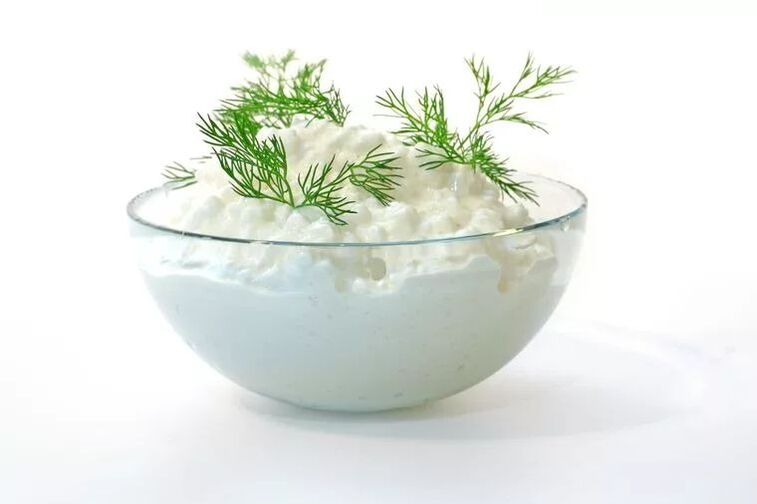
Day 1
- Morning: 2 hard-boiled eggs, 2 slices of gray bread.
- Day: 200 g of tuna, 2 slices of gray bread.
- Snack: low-fat cottage cheese with dill.
- Evening: vegetable and seafood salad (seaweed, mussels and carrots).
Day 2
- Morning: scrambled eggs with broccoli.
- Day: porcini mushroom and cauliflower soup, baked eggplant.
- Snack: dried fruits.
- Evening: zucchini stuffed with minced meat and cottage cheese.
Day 3
- Morning: oatmeal, 2 tomatoes.
- Afternoon: Chicken and asparagus stew.
- Snack: Chinese cabbage and orange salad.
- Evening: grilled fish, 2 slices of gray bread.
Day 4
- Morning: 150 g of cottage cheese with minimal fat content.
- Day: cocktail of 4 quail eggs, chicken broth, dill and basil.
- Snack: pureed apricots.
- Evening: 200 g of baked turkey, 2 pieces of black bread.
Day 5
- Morning: 2 egg omelet.
- Day: chicken soup without potatoes, vegetable salad.
- Snack: peach.
- Evening: zucchini baked in the oven in foil with Italian herbs and lemon juice.
Day 6
- Morning: 2 toasts, 2 sausages.
- Day: a serving of asparagus soup, 100 g of chicken.
- Snack: 1 grapefruit.
- Evening: vegetable stew, 2 pieces of gray bread.
Day 7
- Morning: 3 tbsp. spoons of rice side dish with broccoli.
- Lunch: broth with crackers.
- Snack: a cup of yogurt.
- Evening: 150 g stewed beef and kelp salad.
Day 8
- Morning: omelet with bell pepper.
- Lunch: a portion of lean borscht, 150 g of boiled chicken, tomato and cucumber salad.
- Snack: a cup of berries.
- Evening: vegetable caviar, 2 slices of gray bread.
Day 9
- Morning: 3 tablespoons of buckwheat porridge without oil.
- Lunch: 200 g baked turkey in yogurt sauce.
- Snack: 5 pcs. prunes
- Evening: hot sandwich with hard cheese and herbs, vegetable salad.
Day 10
- Morning: 2 chicken eggs, 2 black bread toasts.
- Lunch: a serving of vegetable soup, 150 g of beef.
- Snack: cottage cheese with herbs.
- Evening: fish baked with vegetables, a couple of fresh pineapple rings.
For 14 days
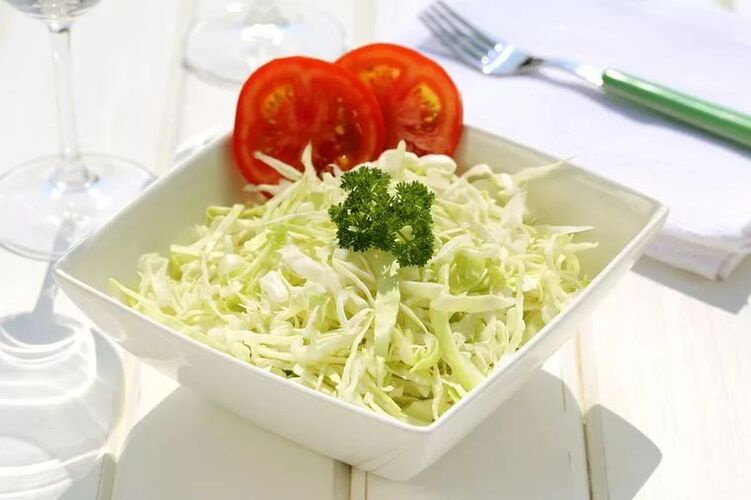
Monday
- Breakfast: 150 g of white cabbage salad with lemon juice.
- Lunch: 4 tbsp. l. boiled unsalted rice, grated carrot salad with apple.
- Afternoon snack: 5 dry crackers.
- Dinner: 200 g of shrimp and lettuce mix, 2 pieces of gray bread.
Tuesday
- Breakfast: 2 croutons, 100 g of cottage cheese.
- Lunch: a bowl of soup, a salad of celery, carrots and herbs.
- Afternoon snack: 2 apples.
- Dinner: 100 g of rice, 150 g of boiled vegetables and ½ grapefruit.
Wednesday
- Breakfast: fruit salad of pears, banana, orange and apple.
- Lunch: a cup of quail broth with croutons, 150 g of stewed asparagus.
- Afternoon snack: 4 pcs. dried apricots, not boiled in syrup.
- Dinner: 2 baked potatoes in their jackets, 200 g of fried champignons.
Thursday
- Breakfast: 2 toasts, orange.
- Lunch: rice cooked in water, with green peas, a piece of gray bread, an apple.
- Afternoon snack: vegetable salad.
- Dinner: 2 cutlets, steamed, kelp salad.
Friday
- Breakfast: 3 tbsp. l. buckwheat, 2 tomatoes.
- Lunch: a portion of okroshka, 2 pieces of black bread.
- Afternoon snack: ½ tbsp. raspberries, strawberries or currants (can be defrosted).
- Dinner: cabbage and carrot salad with sesame oil, 150 g of chicken, apple.
Saturday
- Breakfast: 3 tbsp. spoons of rice and 1 pear.
- Lunch: 200 g of boiled beef tongue, fruit salad of kiwi, orange and apple.
- Afternoon snack: 1 mango.
- Dinner: 150 g of steamed pork without fat, vegetable salad.
Sunday
- Breakfast: fruit salad of dried apricots, apples and prunes with cottage cheese.
- Lunch: a bowl of soup, a soft-boiled egg.
- Afternoon snack: kernels of 3 walnuts.
- Dinner: 250 g of crayfish meat, vegetable salad, 2 pieces of toast.
During the second week the menu is repeated from Monday to Sunday.
For a month
For such a long period, the diet cannot be severely cut. The kilograms will not go away as quickly as with more severe options, but the result will not disappear in the first weeks and the health benefits will be much greater.
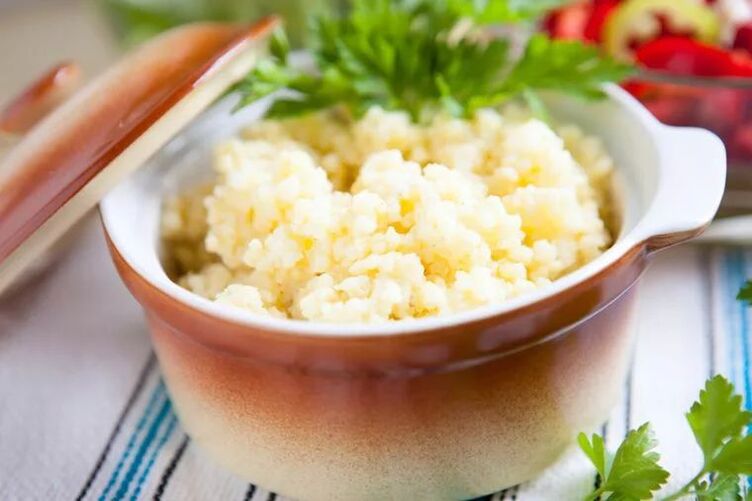
The drinking regimen remains standard for a water diet: drink a glass of warm water immediately after getting up, a glass before each meal (30 minutes before) and after a meal (an hour later). The required volume of water can be calculated using the formula: weight (in kg) divided by 20.
Approximate daily diet
- Morning: porridge or scrambled eggs and a couple of raw vegetables.
- Lunch: 1 fruit.
- Day: a portion of soup, a piece of meat and a vegetable salad.
- Afternoon snack: berries, nuts or dried fruits.
- Evening: stewed or baked vegetables, fish or mushrooms with a slice of unleavened bread.
The list of prohibited foods includes sweets, confectionery, baked goods, fatty foods, canned food, pickled vegetables, and smoked meat.
In order to diversify the taste of the water, you can add a couple of drops of lemon juice or a mint leaf.
How to get out of a diet correctly
Typically, the transition to a standard diet occurs without digestive problems. After losing weight, for the first 4 days you need to gradually reduce the amount of liquid you drink. You can gradually replace it with green tea or freshly squeezed fruit and vegetable clarified juices.
At this stage, it is good to eat foods that contain a high percentage of moisture: fermented milk products, various soups, compotes, jelly, fruits and watery vegetables.
Gradually, the fluid rate should drop to 1. 5–2 liters per day, which is recommended by doctors.
After losing weight, an excellent solution would be to maintain the habit of drinking a glass of water at room temperature half an hour before meals: this will allow the digestive system to prepare for the upcoming meal and absorb the maximum amount of minerals and vitamins.
Reuse
If the diet menu implied significantly higher water consumption compared to the standard one, then you can return to it again no earlier than after 3-4 weeks. During this period, the body will be able to rest from the increased load on the kidneys, which will prevent problems in the functioning of the urinary system.
Contraindications
This type of weight loss combines a balanced intake of food and fluid, so the diet has very few contraindications. People with pathologies in the functioning of the kidneys or urinary system must first obtain the approval of the attending physician before use.
For those who often experience swelling or are at risk of hypertension, it is also better to choose a different type of weight loss.
During the lactation period, a large intake of water can reduce the nutritional value of mother's milk.
Diet options
Water-salt
It is actively recommended not only for those who simply want to become slimmer, but also for those who "gained" excess weight during pregnancy. During the first trimester, drinking plenty of water allows you to reduce the manifestations of toxicosis, and in the third trimester it eliminates swelling in the legs.
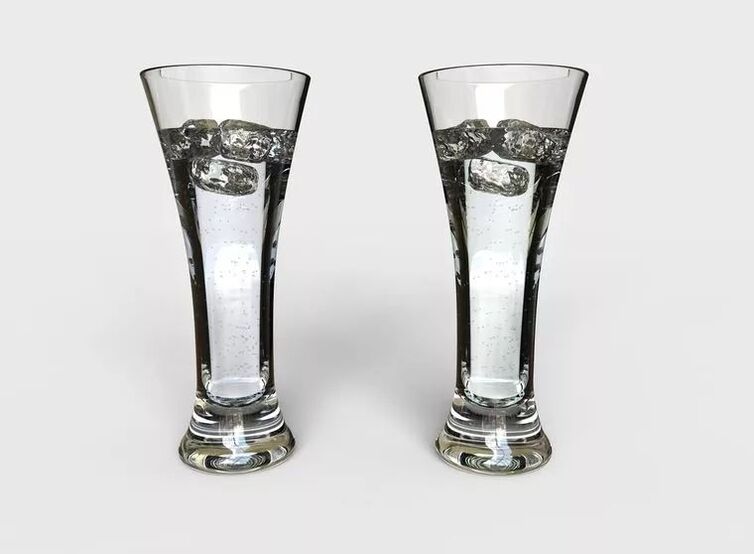
The main requirement of the diet, along with increasing the volume of fluid you drink, is to reduce salt intake to a minimum. A set of these measures prevents fluid retention in body cells and helps reduce volume in problem areas, especially in the waist and abdomen.
It is important to consider that table salt is found not only in home-cooked dishes, but also in many products purchased in stores.
It is necessary to exclude from the diet all marinades and pickled vegetables, sauces, mayonnaise, canned food, fish, cabbage and smoked meats.
This type of weight loss can be used for no longer than one week, and in case of pregnancy, only under the supervision of a local gynecologist. You can lose 2–3 kg in a week.
Repeated use is allowed no earlier than after 1. 5 months.
Water bread-kefir
Despite the fact that bread is not a dietary product, it is present in the diet of this diet.
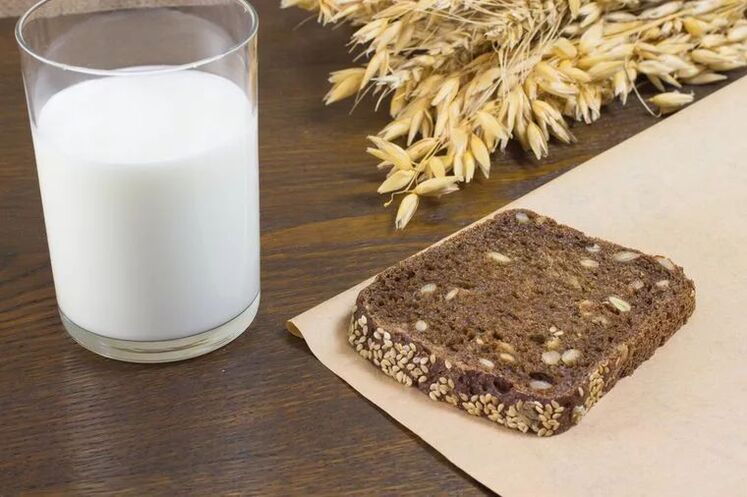
Losing weight is conditioned by following the basic rules:
- Certain types of bread are allowed, namely: rye with bran or prepared without the use of yeast;
- baked goods and white bread are strictly prohibited;
- per day you need to drink 1. 5 cups of low-fat kefir;
- The drinking regime is based on drinking 10 glasses of water daily;
- in moderation, you can eat cottage cheese with a minimum percentage of fat, avocados (no more than ½ at a time), lean meats, vegetables and fruits low in starch and sugar.
The maximum duration of the course is 14 days. In 2 weeks you can burn up to 5 kg of body fat. If necessary, you can return to the course after 2 months.
Water without milk
The essence of the diet is to eat a variety of low-calorie foods that will saturate the body with everything it needs to function. In this case, dairy products are completely excluded, even low-fat ones.
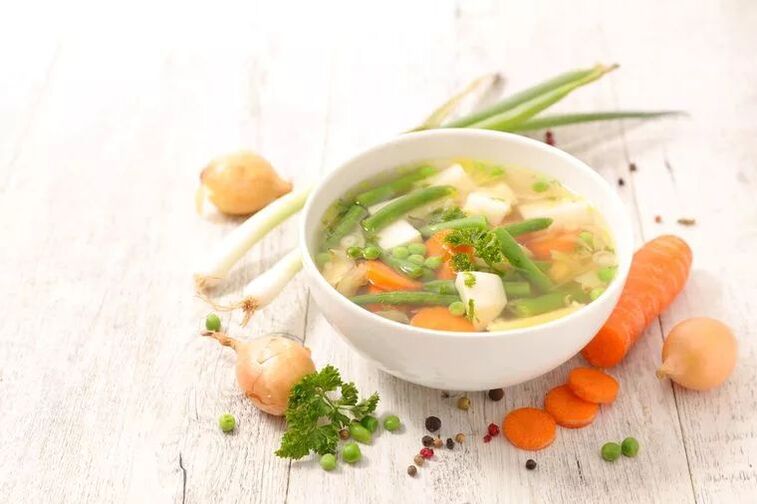
In a week of this diet you can lose 10 kg. It should not be continued for longer than 7 days, since abuse of such nutrition may not have the best effect on your health.
Daily nutrition consists of 5 meals, including, in addition to main meals, snacks - second breakfast and afternoon snack. In the first half of the day you can indulge in porridge without salt and butter, in the afternoon you can eat vegetable soup or chicken broth, and for dinner you can have boiled chicken or beef. Every meal should be filled with fruits and vegetables; they will be especially appropriate during snacks, as well as dried fruits.
The basic principle remains the same: drink 200 ml of water half an hour before meals and an hour and a half after. The total volume should be close to 2. 5-3 liters.
This diet can be reapplied after 1. 5 months.
Water-protein
Despite the fact that this type of nutrition significantly limits calorie intake, it is easy to tolerate. With such a diet, increased physical activity is successfully tolerated, so it is organically combined with training and various sports.
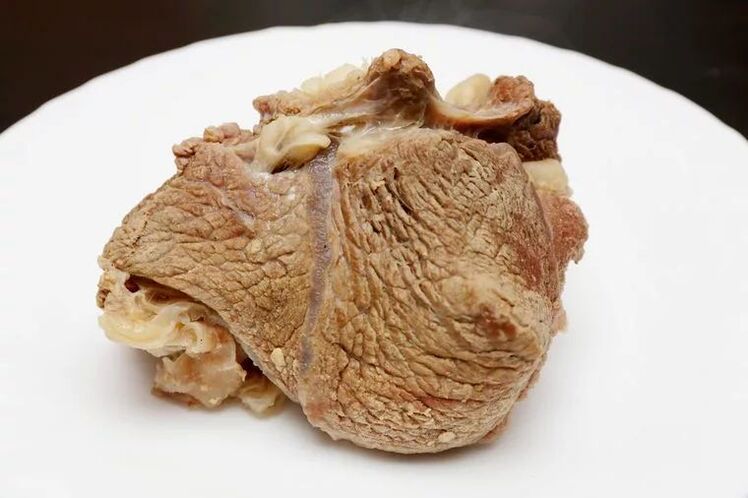
The main principle is to drink 2. 5 liters of water: 1-2 glasses after waking up, half an hour before each meal, 1. 5 hours after meals and immediately before bed.
Main meals consist mainly of protein-containing foods. These can be: eggs, meat, milk and dairy products, cheese, fish, game, wheat, buckwheat, rice, etc. In the morning and lunchtime you need to add vegetables in different combinations, and make snacks from fruits.
The total daily caloric intake should not exceed 1100 kcal. The course lasts 5 days. During this time, weight loss ranges from 4 to 5 kg. It is not recommended to use it more than once every 1. 5 months.































